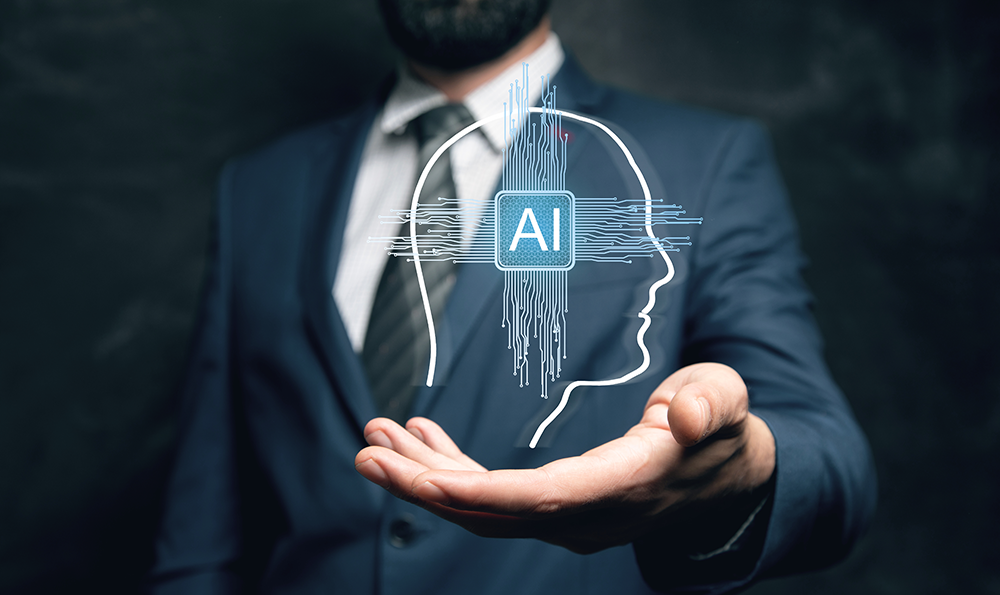Exus Blog Article
How Collaborative Intelligence Improves Debt Collections

Towards the end of the 20th century, pop culture was littered with examples of artificial intelligence (AI) becoming “too clever” for its own good and enslaving humanity.
The reality of AI, however, is not one of domination but of collaboration.
To say AI is radically altering how we work might actually be an understatement, particularly when it comes to the finance sector, where the value of AI is expected to reach $26.67 billion by 2026.
So if you’re not already using AI and machine learning to power your debt collections, you’re already on the back foot.
Here’s how humans and AI can work together to facilitate a better debt collection experience.
What is collaborative intelligence?
Collaborative intelligence is where humans and machines work side-by-side to solve a problem. This is particularly important for stressful and sensitive situations that require the analytical ability of a machine as well as the empathy and compassion of a human - for example, debt collection.
But why is this important?
Well, AI and machine learning can process data at rapid speeds and make completely unbiased decisions - taking human error out of the equation. But AI is not able to understand or judge complex situations with the same compassion that a human can. This means that AI will completely ignore the needs of your users and focus on the most logical options or solutions.
A machine brain and a human heart
Combining AI and machine learning with human intelligence means humans can make better judgements in sensitive situations while leveraging AI’s advanced data processing and unbiased judgements.
But there are three things all human operators must ensure before handing the reigns over to their AI compatriots.
1. Training
AI is only as smart as it’s programmed to be.
This means humans must use huge data sets to figure out how AI can interact with humans in the most clear and understandable way, and how they can work together to solve specific problems.
2. Explaining
Once an AI has been trained, it needs to be fine-tuned to be able to contextualise information to reach the right solutions - and to be able to explain how it’s reached that solution so a human can understand the decision.
3. Sustaining
AI systems must also be sustained so that they can uphold ever-evolving ethical and societal norms. If an AI system for credit approval, for example, is found to be discriminating against people in certain groups, these experts are responsible for investigating and addressing the problem.
Ready to join forces with AI?
AI grows more intelligent by the day. But there are some human emotions that it will never be able to fully understand. That’s why - particularly in debt collection - we need to make sure we’re making not only the most unbiased and fair decisions but the most compassionate ones, too.
If you found this article useful, feel free to take a look at our new eBook Six trends shaping debt collection in 2023 and beyond, where we outline why the debtor-centric collection is so important, how we can work with AI to improve the collections process, and more.
